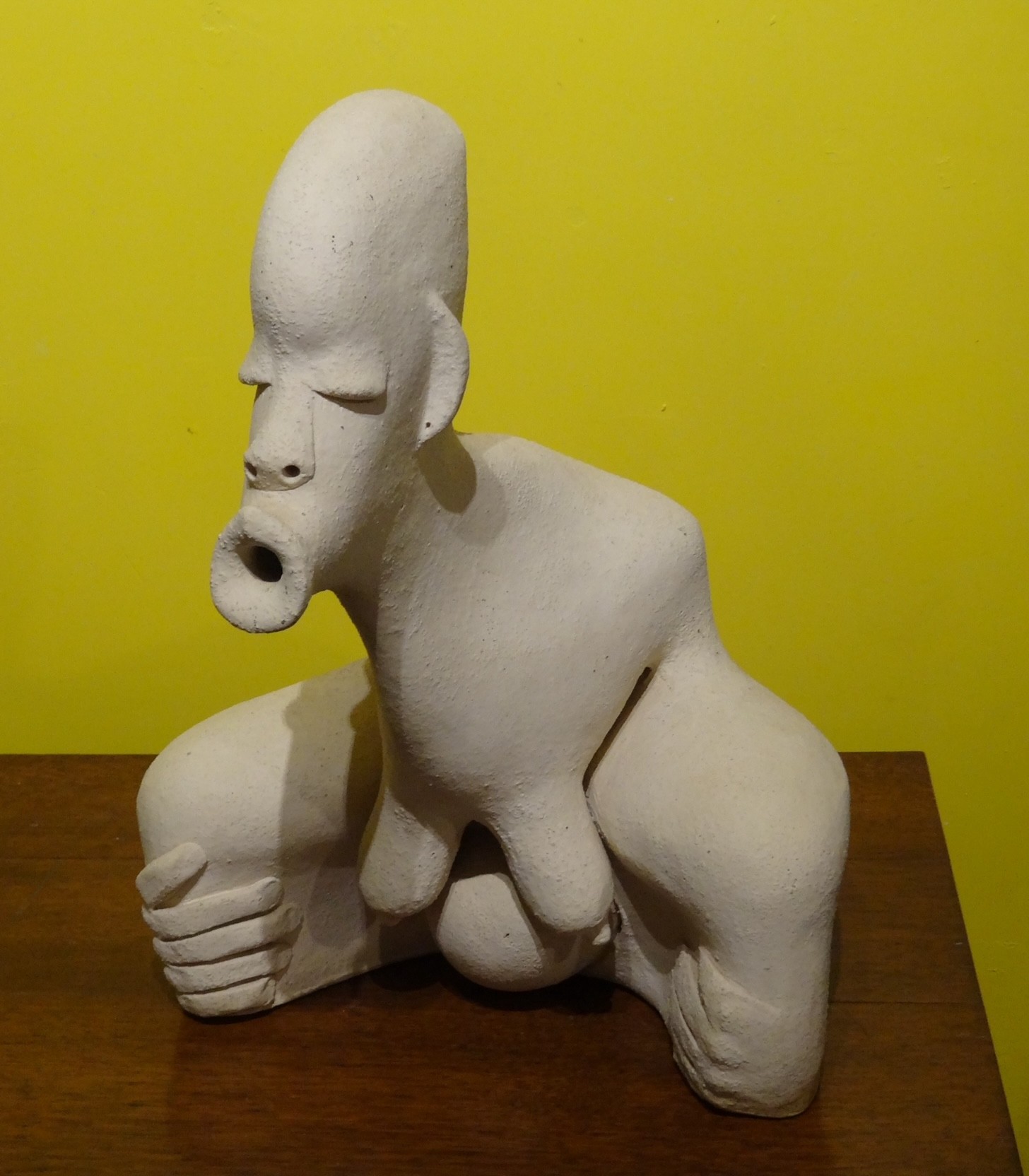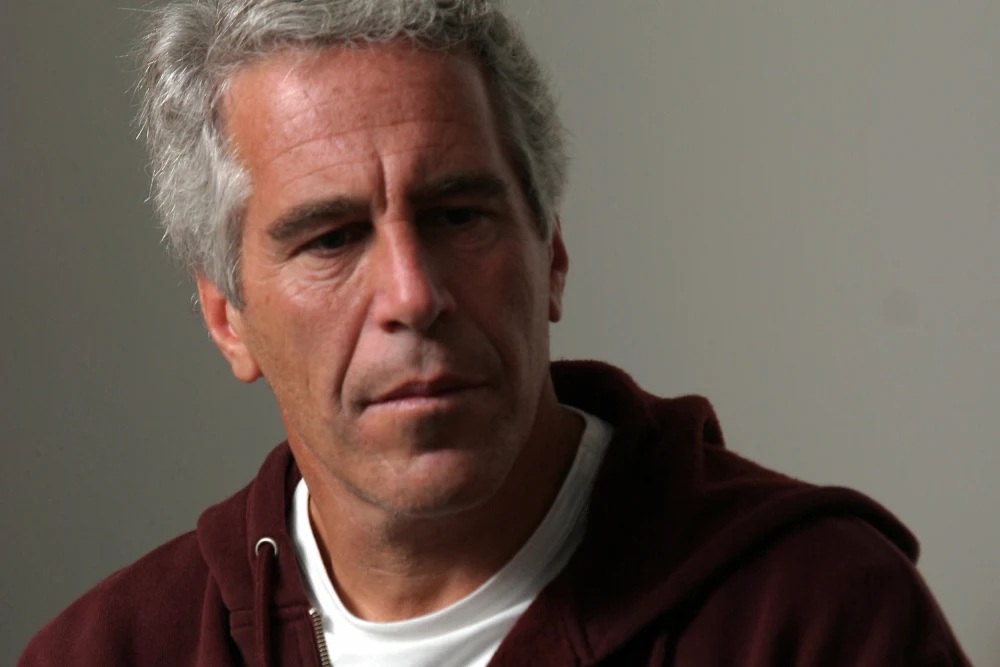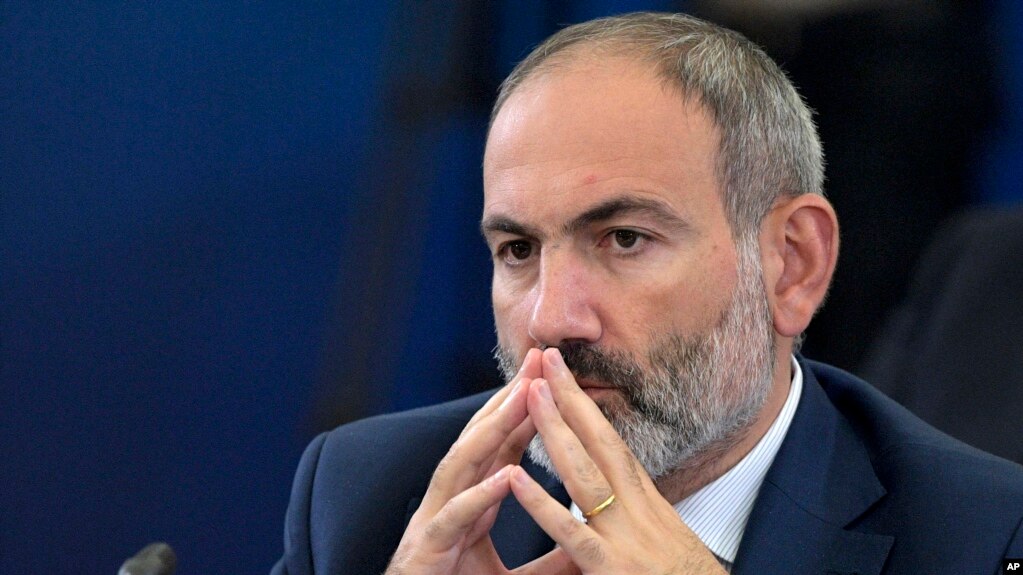
Nothing was as evident as slavery. Little is as exceptional as the view that people are equal, not to mention the belief that slaves are ‘people’. We find the ideas about distinction and human ranking confirmed worldwide and throughout history. This was only fundamentally changed in the eighteenth century, specifically in France, Great Britain, the United States and the Netherlands. It remains a work in progress.
By Aart G Broek
Our world as we know it would be fundamentally different without the transformative insights of Immanuel Kant, David Hume, Thomas Jefferson, John Locke, Voltaire, Adam Smith, Benjamin Franklin, Paul-Henry d'Holbach, Denis Diderot and Baruch Spinoza. These intellectual giants not only devised but also expanded the – initially mainly theoretical – concept of 'equality'. We can indeed speak of 'the invention of equality', as Kenan Malik does in his enlightening study Not so Black and White: A History of Race from White Supremacy to Identity Politics (London, 2023).
This 'invention of equality' was not without its limitations. It did not automatically include women, workers, slaves, or those who had escaped slavery. In practice, it was a concept that still excluded those deemed 'lesser' in some respect, such as race, sex, religion, or ability to develop. These limitations persist, underscoring the ongoing struggle for true equality.
Work in progress
The social order was given by divine providence. This was not easily dismantled by 'the Enlightenment', which slowly but surely started at the end of the seventeenth century, exclusively in Western countries. In practical terms, the interpretation of 'equality' still had to be fiercely fought for and nourished by rebellious slaves, activist descendants of slaves, Protestant rebels and lobbyists, striking workers, and fiercely protesting women, each group demonstrating remarkable resilience and determination.
The implications of this concept of equality were, without a doubt, transformative. It led to reevaluating and recalibrating various aspects of society, including property, political participation and representation, social order, institutional hierarchy, colonialism, slavery, sexuality, individuality, rights, and (tax) obligations. These changes were not just theoretical but had a profound and tangible impact on individuals' lives and society's structure, reshaping the very fabric of our social order.
Suppose there is anything about the ‘impact’ of the colonial past that influences our current actions immensely. In that case, it is this 'invention of equality' and how it can be given concrete meaning for and by all 'people'. This 'emancipation' is still in full swing, will always remain a work in progress and will inevitably not take shape sufficiently for everyone at the same speed.
In any case, emancipation is not yet beginning for descendants of the slaves, as King Willem-Alexander and outgoing Prime Minister Rutte believed when expressing their apologies. They emphatically stated that a comma was placed after which 'healing and recovery' could finally begin.
Even women
Black and white people have invested in healing and recovery for more than two hundred and fifty years - in a material and immaterial sense. Strangely enough, this fact is completely missing from research into the impact that the past of slavery would have on the descendants of slaves today. The Dutch State Commission against Discrimination and Racism asked ten scientists to discuss the implications. The results can be found here.
None of the 'perspectives' appears to work from the amazement that slavery was abolished, that emancipation has been taking shape and content for more than two centuries, and that it is astonishing what has already been achieved. It is, for example, not at all self-evident that among the scientists in question, there are descendants of slaves who obtained an academic degree – even women!
The researchers do not focus on successful emancipation and do not wonder how so many descendants may have freed themselves from the burden of the past. From this, motivational action could be gathered for and by descendants who believe they are not yet sufficiently involved in society.
Starting point
In the pleadings, research and artistic expressions that depict the pain of the past of slavery, descendants remain chained to slavery. Therefore, activists, scientists, artists, diversity consultants and other (self-appointed) experts make no demands on the descendants. No, the burden of the past reigns and the ancestors are like bonds you now wish to cash in: reparations.
What descendants themselves have contributed to the liberation of the burden since the abolition of slavery, for more than two hundred years, remains shrouded in mystery. In any case, there is shameful silence about undermining the emancipation process. For example, the thirty years of Bouterse's dictatorship in Suriname remain out of the picture, as does the accumulation of corrupt political-administrative descendants on the Dutch Caribbean islands that have been autonomous for 70 years.
Where there is a disadvantage - whether or not attributable to slavery - apologies, research into the slavery past, a slavery museum, awareness campaigns (theatre, teaching methods, podcasts), funds managed by Bouterse's descendants and corrupt politicians from the islands will not restore anything. Nothing. The premise is flawed because the work is not based on a liberating escape but based on a well-locked prison. The glass is empty and remains empty. Shameless. The glass is more than half full and can be refilled in a targeted manner.
For a substantiation of this view, please read Je wordt zelf niet wit door anderen zwart te maken (Haarlem: In de Knipscheer, 2024).






